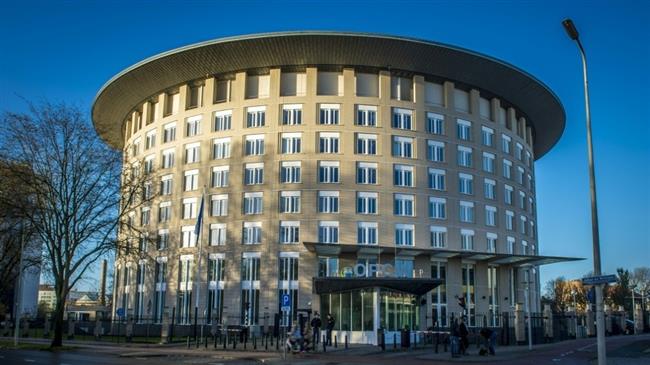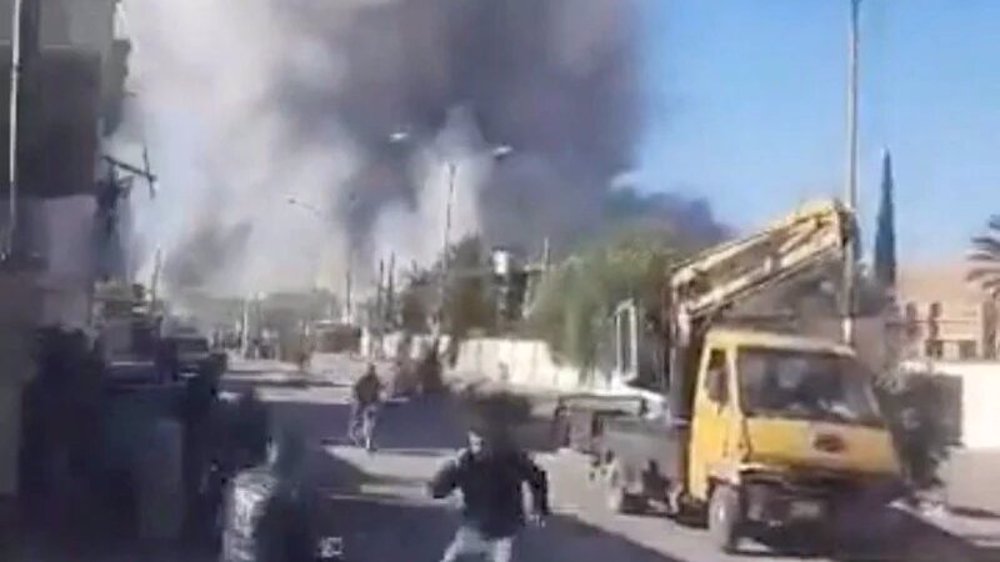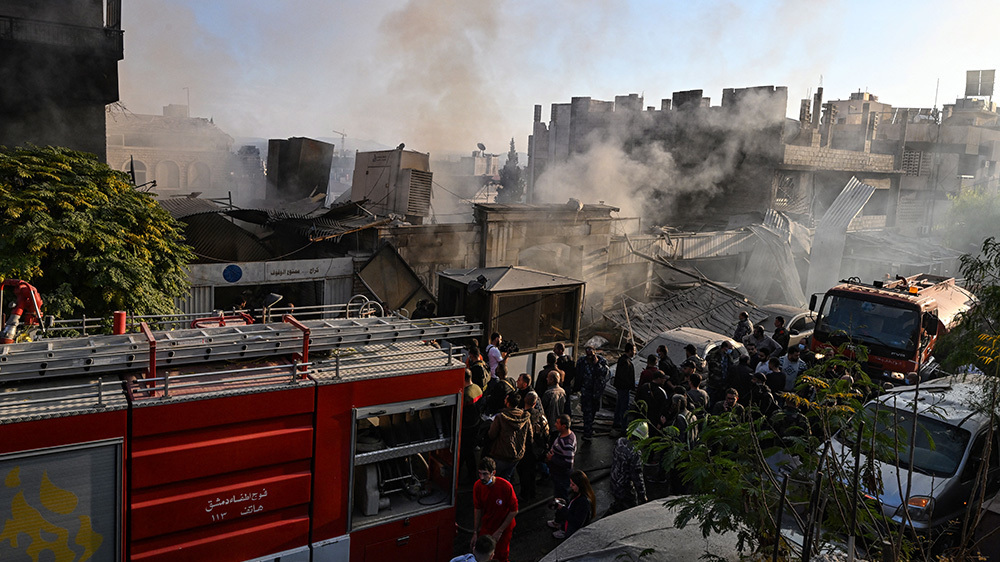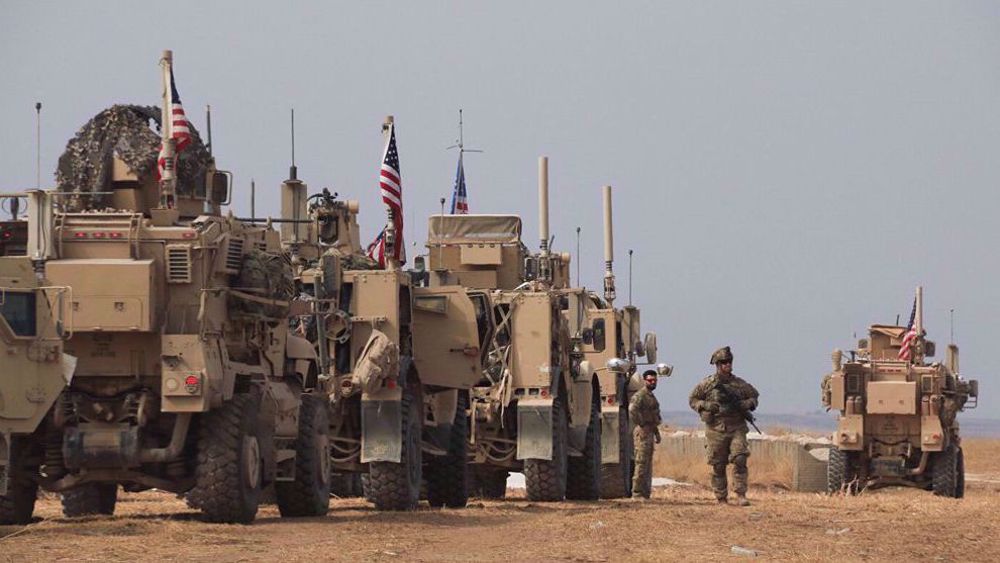OPCW’s Syria report ‘lacks due diligence’, prepared with ‘malicious’ intent: Russia
Russia says a recent report by the Organization for the Prohibition of Chemical Weapons (OPCW) on a series of toxic attacks in western Syria is a repetition of “baseless” accusations earlier levelled by certain states, and has been prepared with “malicious” intent.
Last Wednesday, the OPCW released an 82-page report, claiming Syrian government forces had been responsible for the alleged chemical attacks on the terrorist-held town of Lataminah in Hama during the last week of March 2017 that affected scores of people.
Russia’s Permanent Representative to the UN Vassily Nebenzia said on Wednesday the recent report by the OPCW’s Investigation and Identification Team (IIT) about Syria clearly indicated that the IIT seeks to whitewash the illegal acts of aggression against Syria in April 2017 and 2018.
“As expected, instead of conducting a serious investigative work, this team of so-called ‘experts’ merely reduced themselves to echoing baseless accusations produced by some states,” the Russian ambassador said during a closed video-teleconference of the UN Security Council on Syria’s chemical dossier.
“Although we should not be surprised, given the recent revelations on the ‘methods of work’ of the OPCW Technical Secretariat,” he added.
Nebenzia expressed surprise at “how a report can be prepared without even the slightest traces of due diligence.”
“We feel compelled to fill in the blanks left out by the IIT with what seems to be malicious intent,” he said, vowing that Moscow will distribute its initial assessment shortly.
The diplomat said the IIT’s report is invalid for several reasons, including the fact that the materials and evidence have been collected remotely, mainly from groups opposing the Syrian government.
The report also ignores the official information provided by the government about the opposition's chemical crimes, he added.
“Investigations have also been conducted in flagrant violation of the provisions of the Chemical Weapons Convention (CWC), without respecting the key principle of fulfilling procedures to ensure preservation of physical evidence, which, inter alia, requires the evidence to be collected on site and exclusively by OPCW specialists,” Nebenzia noted.
He also cited the “absence of adequate criteria to select witnesses and assess the admissibility of their testimony” as another reason to prove the report is invalid.
The press office of Russia’s permanent mission at the OPCW had last week censured the report as “untrustworthy”, saying the watchdog has violated the basic principle of its work by conducting a remote investigation without visiting the sites.
Last Thursday, Syria dismissed the OPCW report as "misleading" and based on fabricated information provided by Takfiri terrorists and the so-called civil defense group, White Helmets.
Scores killed as Takfiri terrorists target Shia Muslims in Pakistan
Pezeshkian to US, Europeans: You are killing women, children
VIDEO | COP29: another climate failure?
ICC issues arrest warrants for Netanyahu, Gallant for war crimes
Israeli strikes kill 88 Palestinians in northern Gaza
American voters plainly rejected complicity in Gaza genocide: Iran FM spox
ICC should issue more arrest warrants for Israeli authorities over Gaza genocide: UN expert
Israel using AI weapons co-produced by India in Gaza genocide: Report











 This makes it easy to access the Press TV website
This makes it easy to access the Press TV website